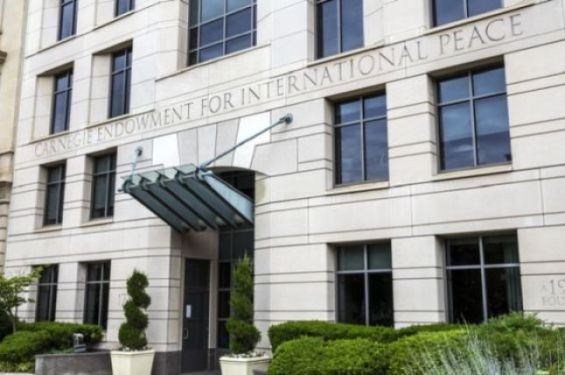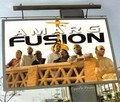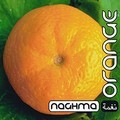Nonpartisan international affairs think tank headquartered in Washington, D.C, Carnegie Endowment for International Peace, conducted an analysis commissioned by the Moroccan authorities. The report's author, Alexander Kateb, commended «the ambitious modernization program» that has enabled Morocco’s entry «into global value chains, despite socioeconomic challenges».
Kateb praised this «long-term vision», which allowed the kingdom to successfully insert «itself into global value chains and made the best of this insertion by attracting foreign direct investments (FDIs) and building an export-driven industry».
Since the early 2000s, Morocco has turned its attention to sub-Saharan Africa, successfully positioning itself «as a global connector across an increasingly multipolar geopolitical landscape», the institute noted. The Atlantic Initiative, launched by King Mohammed VI on November 6, 2023, aims to provide Sahel countries access to the Atlantic Ocean. This «new approach is more ambitious in scope» and has the potential to foster sustainable economic relationships among 23 countries along Africa's Atlantic coast, reads the same article.
Areas of concern
However, Kateb raised several points that were omitted in the MAP agency's coverage of the analysis. He emphasized the need for Morocco to implement new institutional reforms and make better use of its human capital. «The reforms in question should create a level playing field in critical areas such as access to quality training and education, finance, and public procurement», he recommended.
He also highlighted Morocco's rising public debt. «Morocco’s public debt, including guaranteed debt, at above 80 percent of GDP, and external debt above 50 percent of GDP, have both sharply increased because of the COVID-19 pandemic. Against this background, the International Monetary Fund recommends fiscal consolidation to bring the debt-to-GDP ratio back to pre-2020 levels. However, absent fiscal reforms that would create more fiscal space, the consolidation could jeopardize the financing of structural reforms and delay the investments needed to support the transformation of the economy», he added.
Kateb further noted that «tensions with Algeria and the protracted conflict with the Polisario Front rebel group over the Western Sahara have dramatically escalated since 2020, when a long-standing ceasefire fell apart». While Morocco has secured support from the United States, Spain, and France for its autonomy plan for Western Sahara, diplomatic relations with Algeria, which backs the Polisario Front, are at an all-time low. Kateb suggested that a strategy of de-escalation, combined with a resumption of negotiations, could help avoid a costly arms race, which would otherwise strain the budget at a time when resources are critically needed.





 chargement...
chargement...













